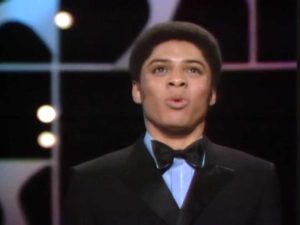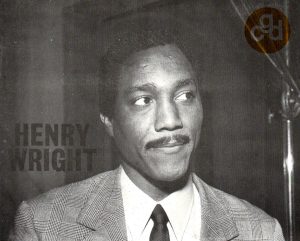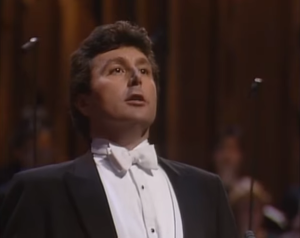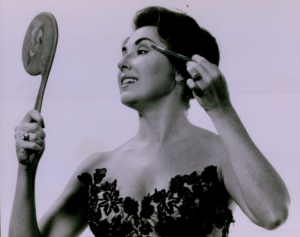Podcast: Play in new window | Download (Duration: 1:41:35 — 109.0MB) | Embed
Subscribe: Spotify | TuneIn | RSS | More
If you have never heard of Gilbert Price, this episode will remedy that situation. With a voice that was easily produced, full-ranged, tonally refulgent, and technically poised, the three-time Tony nominee, who lived from 1942 to 1991, deserves to be more fully remembered for his deeply expressive portrayals, including the lead role role in Leonard Bernstein’s failed Bicentennial musical, 1600 Pennsylvania Avenue. He also starred in Timbuktu!, Promenade, The Roar of the Greasepaint – The Smell of the Crowd, and Langston Hughes’s 1964 musical pageant Jerico-Jim Crow, which also featured Micki Grant in one of her first featured roles. (This episode was originally produced the day after Ms. Grant died, so it is particularly appropriate that she is prominently featured.) Gilbert Price is also heard in numerous live stage performances (including an early live performance of the original version of 1600 Pennsylvania Avenue), a number of live television performances, and four obscure singles that he recorded for Columbia Records in the late 1960s. And just for the holidays, there is a stunning performance of the young Gilbert Price performing “O Holy Night” on The Merv Griffin Show.
Countermelody is a podcast devoted to the glory and the power of the human voice raised in song. Singer and vocal aficionado Daniel Gundlach explores great singers of the past and present focusing in particular on those who are less well-remembered today than they should be. Daniel’s lifetime in music as a professional countertenor, pianist, vocal coach, voice teacher, and journalist yields an exciting array of anecdotes, impressions, and “inside stories.” At Countermelody’s core is the celebration of great singers of all stripes, their instruments, and the connection they make to the words they sing. By clicking on the following link (https://linktr.ee/CountermelodyPodcast) you can find the dedicated Countermelody website which contains additional content including artist photos and episode setlists. The link will also take you to Countermelody’s Patreon page, where you can pledge your monthly or yearly support at whatever level you can afford.



